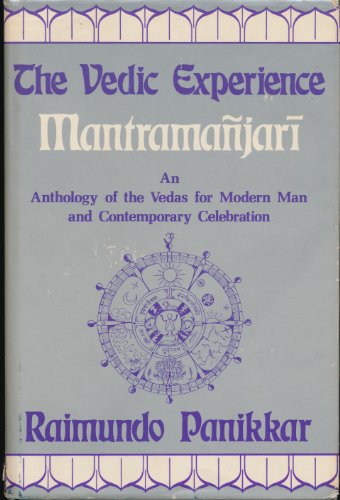The Vedas In English

The 4 Vedas In English
The word Veda means knowledge, derived from the root 'vid' from which four meanings can be described 'knowledge', 'existing', 'beneficial' and 'thought'. They were revealed to four Rishis (Rsis) named 'Agni', 'Vaayu', 'Aaditya' and 'Angiraa' by the God at the onset of the God's best creation - the Mankind. Patanjali, the author of Yoga-Darshana declares that God is the original teacher for the mankind - 'sa purvesamapi guruh kalenanavacchedat'. Badarayana says 'tattu samanvayat'; that is to say, Vedas must be God's revelations because all they contain tally well with the creation. Vedas are also called Shruti or Samhita. The Vedas are composed of Mantras. The mantra, composed in a metre, bears a concept and teaching worth contemplation and adoption.
Start studying The Vedas. Learn vocabulary, terms, and more with flashcards, games, and other study tools.

It contains true knowledge, and inspires noble thought and action. There is nothing in the Vedas that is contrary to what is seen in nature. Over and beyond what we know today, the Vedas may contain many more revelations that we might not be even aware of today. Vedas contain knowledge about both matter and spirit. The knowledge about matter is in seed form leaving ample room for man to discover further and create his own body of literature. On the other hand, the knowledge pertaining to spirit is at its pinnacle that man will never be able to add anything to that body of knowledge. Till about more than 5000 years ago, Sanskrit was the most prominent language.